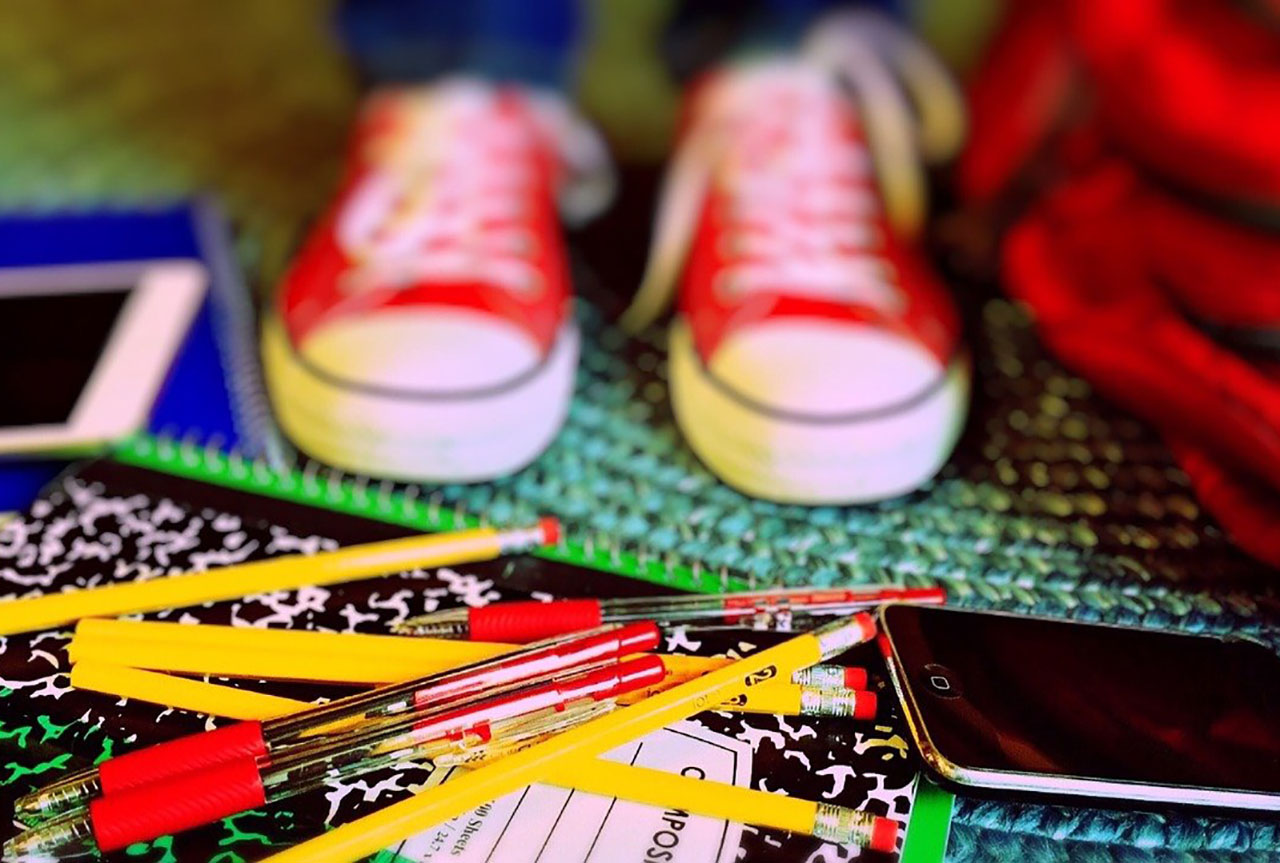Tips for Managing Your Child’s Return to School
In this two-minute read, we look at how parents in SE18/SE28 can help their children adjust to being back in the classroom.
After many long and draining weeks of learning from home, children across the UK are finally returning to school.
While weary parents may be glad to see the back of home schooling, some children may find the transition from front room to classroom daunting.
After spending so much time at home, dealing with the hurly-burly of school life might prove challenging for young people.
Here are some back-to-school tips from the NSPCC and mental health charity Place2Be.
Sleep tight
• If your routine slipped during lockdown (and let’s face it, almost everybody’s did), readjust your child’s bedtime so that they’re not tired when you get them up for school.
• If your child has a tablet or phone, make sure that they’re not using it close to bedtime as this will interfere with their sleep.
• Exercise and fresh air aid a good night’s sleep, so if your child is experiencing broken sleep or is feeling anxious, get outside in the great outdoors.
Talk and listen
• Talk to your child about how and why some things at school – such as lunchtime, playtime and PE – might be subject to different rules. Children are remarkably adaptable, but it’s worthwhile being upfront about the unusual situation in which we find ourselves.
• If your child struggles to express themselves, encourage them to draw, paint or write about what’s on their minds. Putting our thoughts down on paper can have a soothing effect and help put things into perspective.
• If returning to the classroom is making your child anxious, arrange to meet one of their friends on the way to school so that the two can chat before they get to the gates. Most likely, they’ll be so busy catching up with their mate that they’ll forget their nerves.
Advice and support
• If your child seems stressed, show them Childline’s Calm Zone and explore some of the relaxation tips, breathing exercises and games on offer.
• If catching up on lost lesson time is proving difficult for your child and you’re considering hiring additional support, read the NSPCC’s safety tips for hiring a tutor before you do anything.
• Talk to a teacher or school counsellor if you feel concerned. Some parents feel embarrassed seeking mental health support for their child, but it’s okay to ask for help.
Charities that can help
The NSPCC
Place2Be
Childline
From the team at Hi Residential, stay safe and take care.
COPYRIGHT Hi Residential 2021





